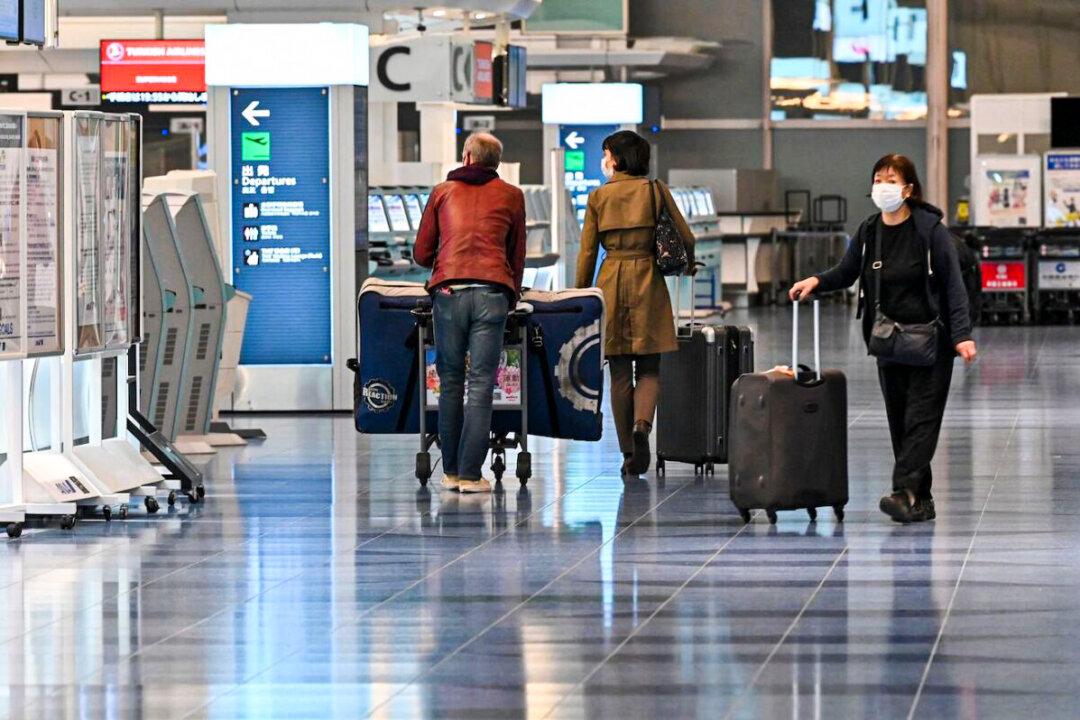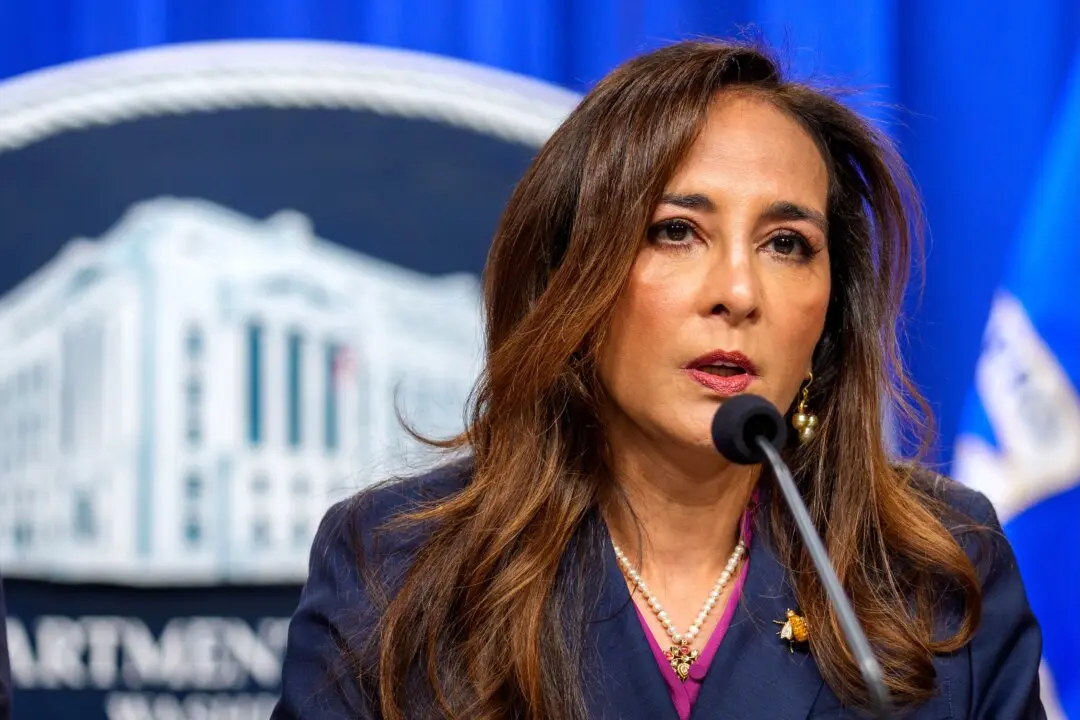Japan will raise the daily limit of arrivals from overseas from the current 5,000 to 7,000 from March 14 onwards, further relaxing the COVID-19 border measures with foreign students given priority, Prime Minister Fumio Kishida said Thursday.
Kishida said that the government will launch a new scheme that will allow 1,000 foreign students to enter Japan on weekdays, as he acknowledged that many overseas students are concerned about the entry restrictions ahead of the start of school in April.





